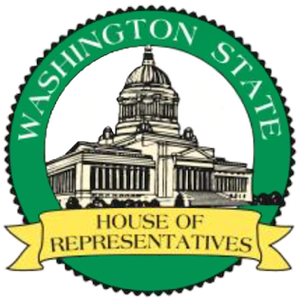The Washington State House Finance Committee (WA House FIN) considers issues relating to state and local revenues, such as increases or decreases in taxes, exemptions from taxes, and changes in the administration of taxes.
Public Hearing
- SB 5004 - “Providing a tax exemption for medical marijuana patients.”
